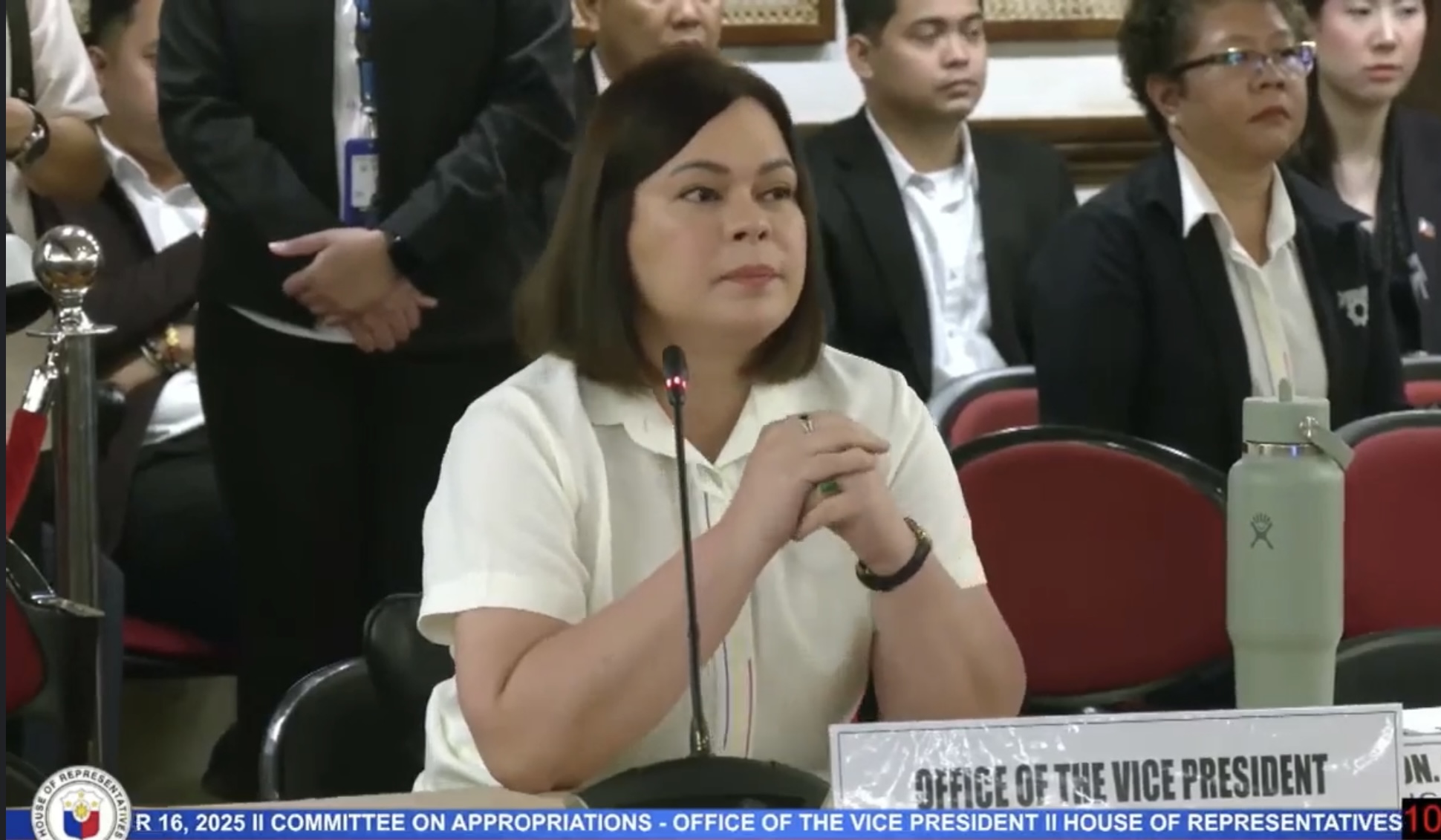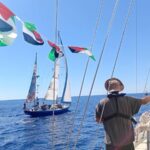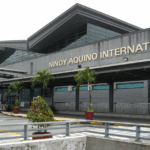Vice President Sara Duterte will embark on another international trip as she is set to fly to Japan on Thursday evening to meet with the members of the Filipino community there.
In an interview in Davao City, Duterte said the Filipino communities are set to hold rallies in Tokyo and Nagoya to protest against corruption and to call for the release of former president Rodrigo Duterte from the International Criminal Court (ICC) detention at The Hague, Netherlands.
“I will go to Japan to attend the rallies of the Filipino community in Tokyo and Nagoya,” said Duterte.
The Vice President said the events cannot be postponed as the participating Overseas Filipino Workers (OFWs) there arranged their schedules and accommodations for the activities.
“We cannot postpone this. In any event, this is for the public as they are protesting against corruption and are calling for the ICC to release former President Rodrigo Duterte,” she added.
Her father was arrested at the Ninoy Aquino International Airport last March and is facing charges stemming from crimes against humanity in relation to his drug war when he was mayor of Davao City and later as President.
In recent months, Duterte had previously met with the Filipino community in Australia, Kuwait, Qatar, Malaysia, and France.
Last week, the Office of the Vice President (OVP) said it spent on its local and foreign trips as of July 2025, covering the expenses of Duterte’s security and close-in personnel. Of the figures, a total of P13.207 million was spent for local travels, while P7.473 million was for foreign travels.
Tokyo
Tokyo is the modern capital of Japan, but its history dates back to the 15th century when it was a small fishing village named Edo. It officially became the nation’s capital in 1868 when the emperor moved his seat from Kyoto, and it has since grown into one of the world’s most populous and technologically advanced megacities.
Nagoya
Nagoya is a major Japanese city in the Chūbu region, historically known as a castle town and the birthplace of the powerful Tokugawa shoguns. It was officially founded in 1614 when Tokugawa Ieyasu ordered the construction of Nagoya Castle, which remains a famous reconstructed landmark today. The city is now a major economic hub and is renowned for its manufacturing industry, particularly as the home of the Toyota Motor Corporation.
International Criminal Court
The International Criminal Court (ICC) is an independent judicial institution established by the Rome Statute in 2002 to prosecute individuals for the most serious international crimes, including genocide, war crimes, and crimes against humanity. It was created as a permanent court to complement national judicial systems and ensure accountability when states are unable or unwilling to prosecute these atrocities themselves.
The Hague
The Hague is the seat of the Dutch government and the official residence of the Dutch monarch. It is also a major international hub, famously home to the United Nations’ International Court of Justice and the International Criminal Court, housed in the Peace Palace. The city’s history as a center of power dates back to the 13th century when it was established as a hunting lodge for the Counts of Holland.
Netherlands
The Netherlands is a Northwestern European country known for its flat landscape, extensive canal systems, and historic trading ports. Historically a major maritime power in the 17th century, it was a center for art and science, and today is famous for its tulip fields, windmills, and progressive social policies.
Ninoy Aquino International Airport
Ninoy Aquino International Airport (NAIA) is the primary international gateway serving the Manila area in the Philippines. It was originally named Manila International Airport but was renamed in 1987 in honor of Benigno “Ninoy” Aquino Jr., a senator whose assassination on its tarmac in 1983 was a pivotal event that galvanized the opposition against the Marcos dictatorship. Today, it is one of the busiest airports in Southeast Asia.
Davao City
Davao City is a major urban center in the southern Philippines and the de facto capital of Mindanao. Historically, it was a settlement of various indigenous groups before becoming a prominent city under American colonial administration in the 20th century. Today, it is known for its strict governance, economic significance, and as the gateway to Mount Apo, the country’s highest peak.
Japan
Japan is an island nation in East Asia with a rich cultural heritage spanning thousands of years, from its ancient Shinto traditions and imperial rule to the feudal samurai era and its rapid modernization following the Meiji Restoration. Known for its unique blend of deep tradition and cutting-edge technology, it is home to historic sites like ancient temples, castles, and serene gardens, as well as globally influential pop culture.






